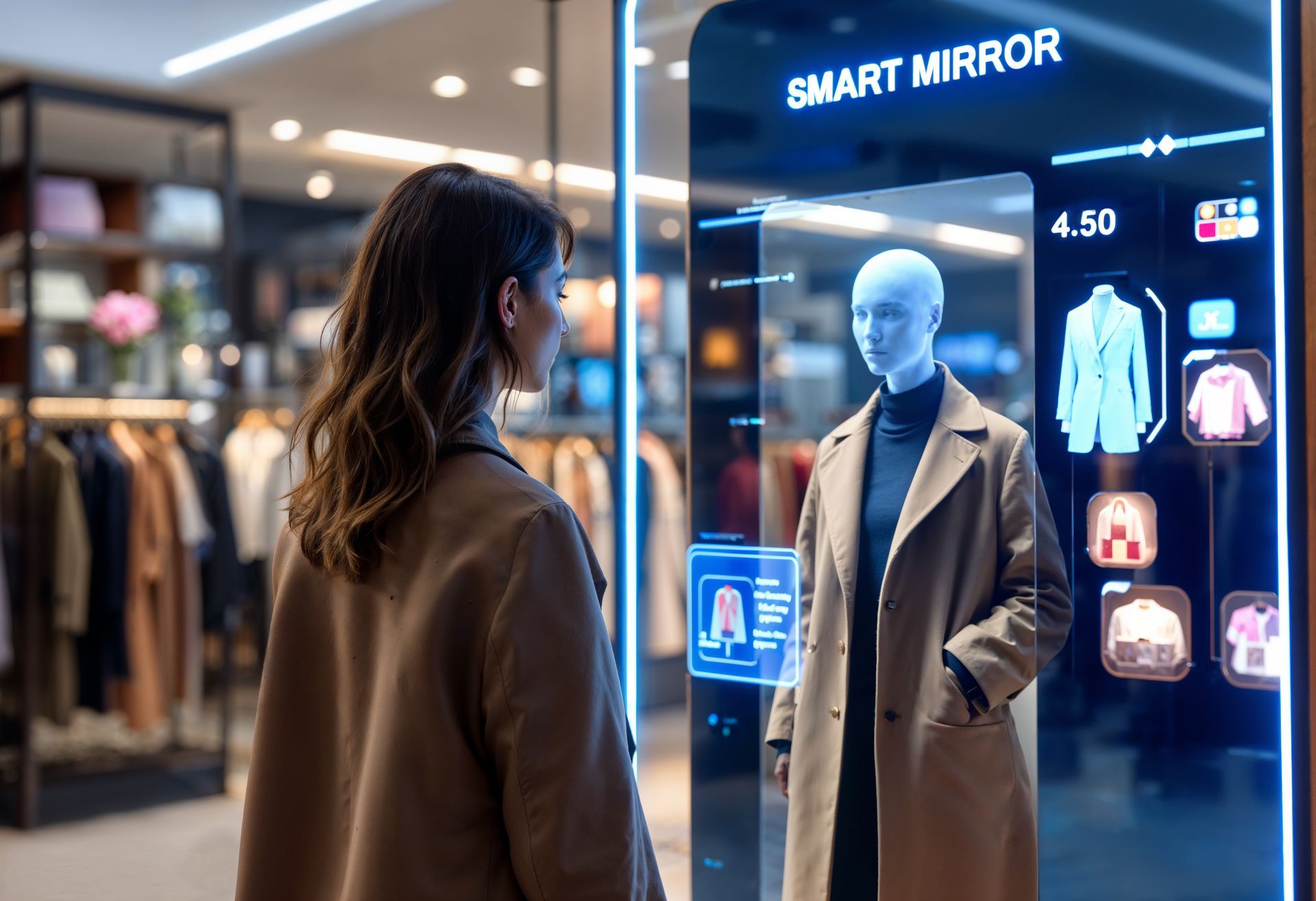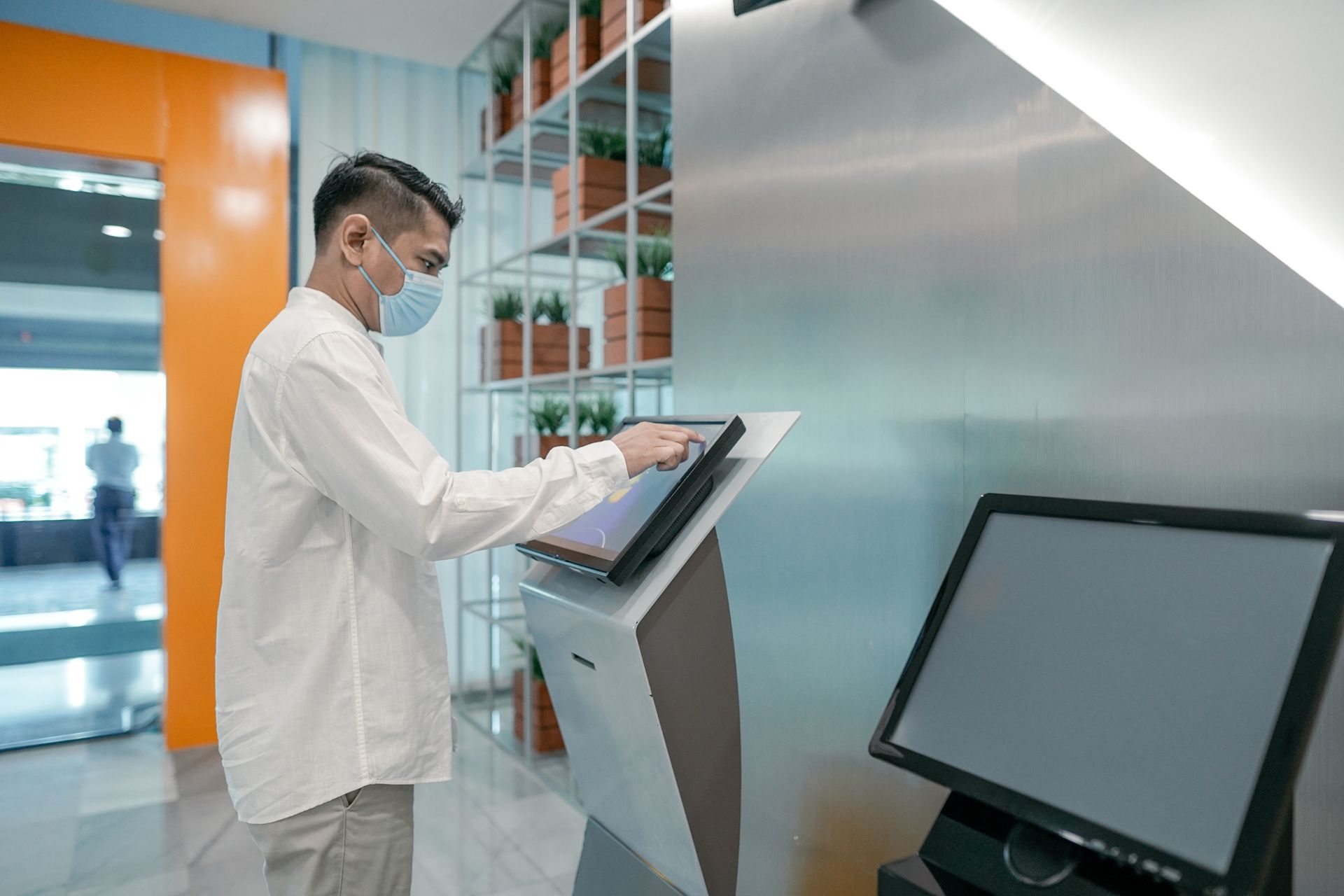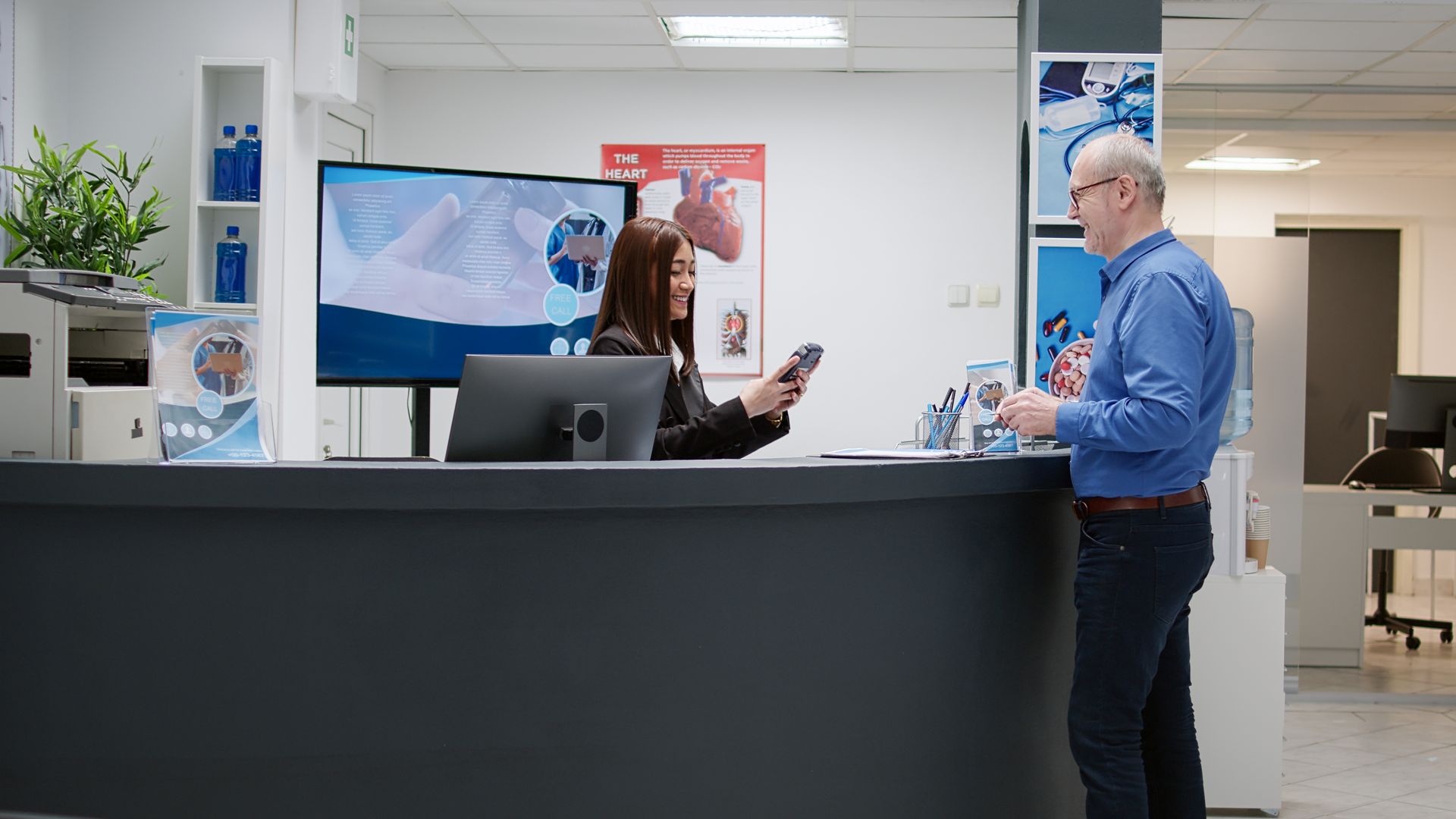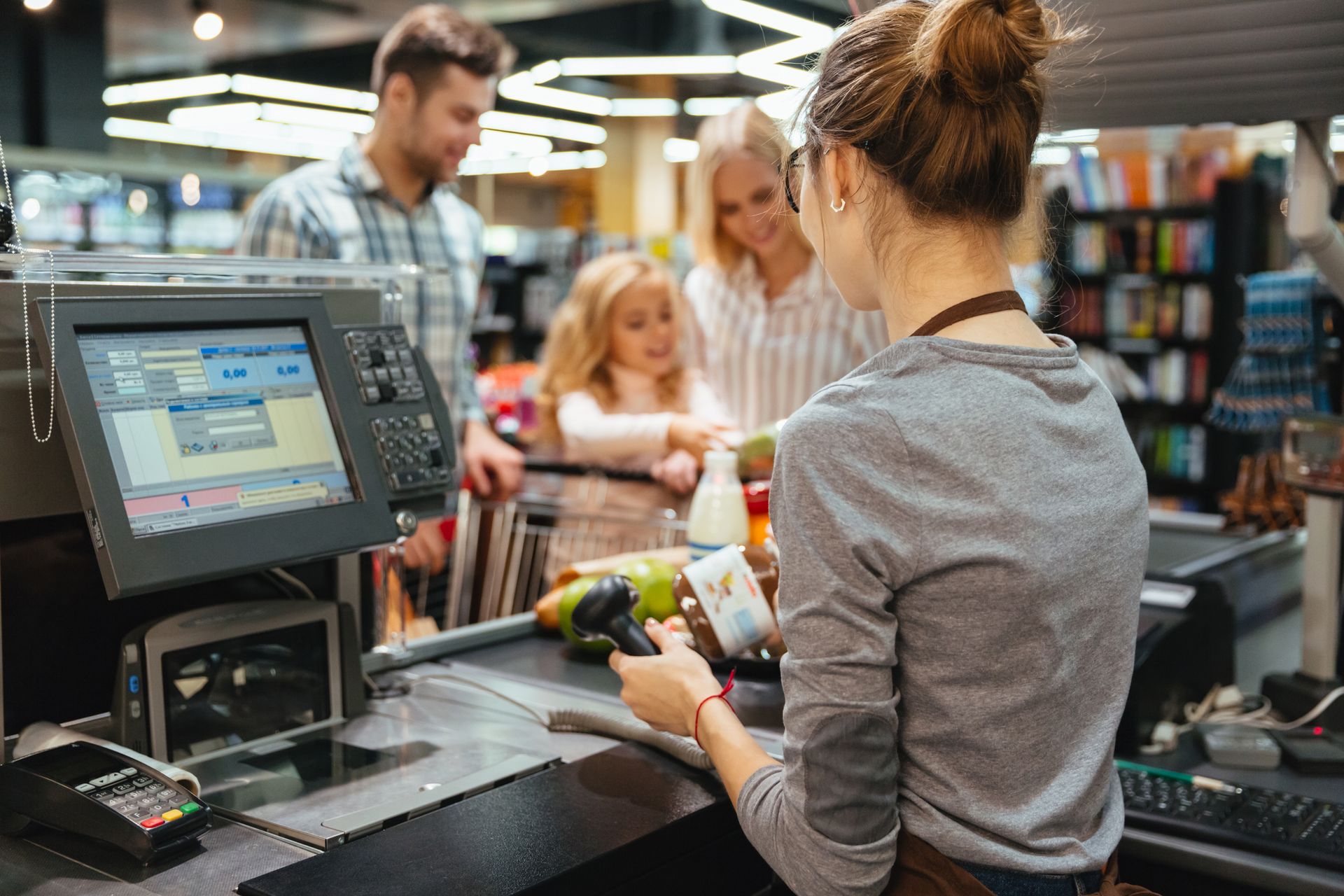Why Are Leading Brands Investing in Self-Service Machines?
These days, everyone is highly concerned with time, and many people prefer using self-service machine options as it fulfills the customer expectation and simplifies the operation. Self-service kiosk software and retail self-service kiosks are becoming more common and represent the evolving model of the connection between businesses and customers. The self-service trend appeals to the question of why big companies are venturing into these technologies, which require heavy investments.
The Growth of Self-service Kiosk Solutions
According to Mordor Intelligence, the self-service kiosk market is expected to reach USD 14.52 billion in 2025 and grow at a CAGR of 10.13% to reach USD 23.52 billion by 2030. This trend indicates that self-service kiosks are becoming important in many industries, and businesses will now need to find ways to integrate them in order to stay competitive.
Zeour is one of the companies leading this change by offering integrated digital solutions that enable brands to lower their costs while improving the customer experience. Zeour has created self-service digital kiosks that automate tasks including payments, product browsing, returns, and many other tasks that usually need staff assistance.

Brands Leading the Self-Service Revolution
In comparison to other fast-food companies, McDonald's was one of the first businesses to introduce
self-service machines. They reported that average order value increased by 5-8% after the kiosks were installed. The high-tech "Create Your Taste” kiosks that they offer utilize self-service kiosk software, which permits customers to customize their orders more easily than traditional counters do.
Self-service kiosks have been implemented by Tesco in hundreds of stores. Electric checkouts have been shown to reduce checkout times during busy periods by as much as 40%.
Target retailers have steadily increased the implementation of self-service machines with the intention of installing them in all stores by the end of the year. Their automated kiosks serve functions beyond checkout, such as providing inventory and product information.
The stories of these companies show why there is always increasing investment spending in good self-service machines such as those offered by Zeour. The retail, hospitality, and service industries continue to grow.
How Customer Experience Is Altered by Self-Service Technology
Today’s customers are always pressed for time; they want everything done as conveniently as possible. As noted by SOTI, 73% of consumers prefer self-service technologies instead of having to deal with a store attendant. Due to this, brands have no other option but to implement retail self-service kiosks that give the customers the freedom to:
- Check items on display at their leisure
- Get prices without help
- Pay for the items in a timely manner
- Skip the payment queue altogether
With Zeour self-service kiosk software, customers can do all of the above while having an easy-to-use interface. The company’s approach to user experience guarantees that even learners can operate their systems seamlessly.
Cost Efficiency: A Major Driver for Investment
For a large number of organizations, the economics of implementing self-service machines is a stark issue. One self-service machine can complete several employees’ worth of transactions, as opposed to having to pay several workers for the same output, which can later add up to saving large amounts on salary costs.
Through in-depth ROI calculation, Zeour assists organizations in estimating their cost savings in specific time periods, illustrating how their digital kiosks can effectively pay for themselves in months. Retail chains willing to improve their efficiency across many outlets are guaranteed to appreciate this value.
Adjusting to a New Era of Customer Activity
COVID-19’s pandemic altered shopping trends and behaviors tremendously. Contactless shopping is now preferred by many customers. According to McKenzie’s research, 75% of customers who used digital channels for the first time during the pandemic said that they will continue to use them even after the pandemic is over.
This has turned automated retail self-service kiosks from being a luxury into a necessity for companies that wish to remain competitive. Zeour was able to adapt their solutions within contactless payments and antimicrobial screens for these new customers’ needs very quickly.
Gathering Data and Creating Personalized Experiences
An advantage of modern self-service kiosk software that tends to be ignored most of the time is the ability to collect important data. A customer’s interaction with a kiosk draws valuable insights that can help brands understand their users better.
Epsilon’s study states that 80% of customers prefer buying items from companies that provide personalized services. Zeour's kiosk systems have sophisticated analytics tools that allow businesses to monitor their clients' behaviors and preferences, which aids in drawing more precise advertising campaigns.
Variety of Solutions for Customers' Industry Specific Demands
A hospitality entity’s self-service machine needs are different from those of a fast food restaurant. Every self-service machine has a set of unique requirements that must be catered to. The differences in requirements have enabled companies such as Zeour to offer comprehensive solutions that can be tailored to specific use cases.
As an example, Zeour's retail kiosks include virtual fitting and size checking features that cater specifically to clothing stores. In contrast, their restaurant kiosks are focused on capturing orders and payments efficiently. This means that their self-service kiosk software can be used for businesses across different industries.
Enhancing Precision While Minimizing Mistakes
Order taking and checkout processes have a variety of human errors associated with them, which can be expensive for companies.
These mistakes can be greatly reduced by self-service machines that are equipped with advanced self-service kiosk software. Zeour's systems come with built-in validation methods that check that each order has the correct information before it is sent to the final stage, thus increasing customer satisfaction and reducing wastage.
Integration with Existing Business Systems
Let’s discuss the integration of existing business systems. Integration of self-service kiosk software with the existing business systems of a brand is important. Proper linkage of kiosks with inventory control, customer care management, and payment systems leads to a well-integrated working system.
Zeour has developed their kiosk solutions, integrating self-service machines with existing systems businesses use. This method reduces self-service technology disruptions while maximizing their advantages.
The Future of Self-Service in Retail
Retail use of self-service kiosks is expected to increase with time. Newer technologies like AI and machine learning are being added to self-service kiosk software so that these systems can be more user-friendly and functional.
Zeour has also updated his offerings by adding predictive analytics along with voice recognition. This helps brands exceed the already high consumer expectations and remain competitive in dynamically changing economies.
Conclusion
The increase by leading brands in adoption of
self-service machines can no longer be considered a trend but rather a well-thought-out operational model where the objectives and experiences of the brand and customers are merged.
Working with providers like Zeour enables brands to install personalized self-service kiosk applications while also setting them up for future expansion. If consumer behavioral changes towards more self-served experiences continue, these investments will become even more beneficial.



